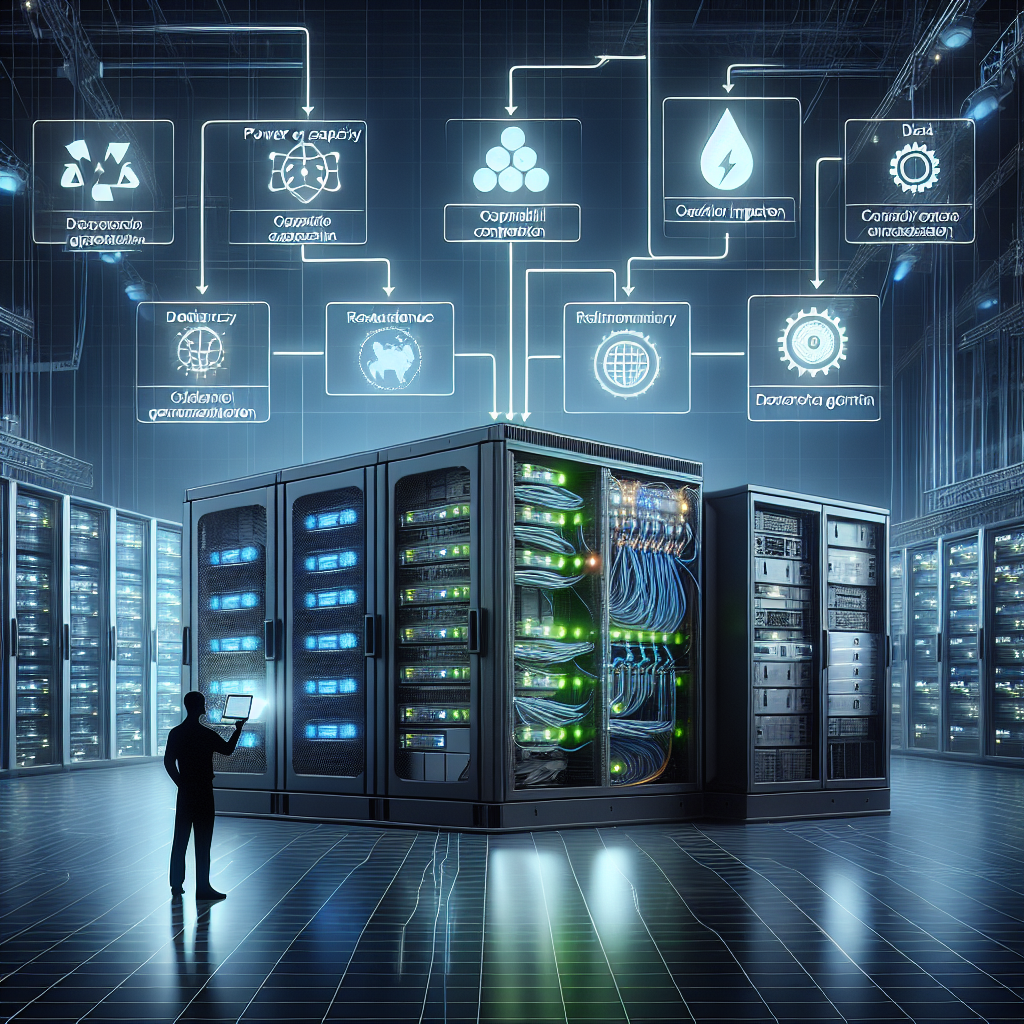Choosing the Right Generator for Your Data Center: Factors to Consider
In today’s digital age, data centers play a crucial role in storing and processing vast amounts of information for businesses of all sizes. With the increasing reliance on technology, it’s more important than ever to ensure that data centers have a reliable source of power to prevent costly downtime and potential data loss. One of the key components in ensuring a continuous power supply is choosing the right generator for your data center.
When selecting a generator for your data center, there are several factors to consider to ensure that it meets your specific needs and requirements. Here are some key factors to keep in mind when choosing the right generator for your data center:
1. Power capacity: The first and most crucial factor to consider when choosing a generator for your data center is the power capacity. You need to determine the total power consumption of your data center equipment and select a generator that can provide enough power to keep all systems running smoothly during a power outage. It’s important to consider not only the current power requirements but also any potential future expansions or upgrades to ensure that the generator can accommodate increased power demands.
2. Fuel type: Generators can run on a variety of fuel types, including diesel, natural gas, propane, and gasoline. Each fuel type has its own advantages and disadvantages, so it’s important to consider factors such as availability, cost, and environmental impact when choosing the right fuel type for your data center generator. Diesel generators are typically the most common choice for data centers due to their reliability and efficiency, but natural gas generators are becoming increasingly popular due to their lower emissions and cost.
3. Run-time requirements: Another important factor to consider when selecting a generator for your data center is the run-time requirements. You need to determine how long the generator needs to run continuously during a power outage to ensure that critical systems can remain operational until power is restored. Factors such as fuel tank capacity, fuel consumption rate, and automatic transfer switch capabilities should be taken into account to determine the appropriate run-time requirements for your data center.
4. Maintenance and support: Proper maintenance and support are essential to ensure that your generator operates efficiently and reliably when needed. Consider factors such as the availability of spare parts, service contracts, and technical support when choosing a generator for your data center. It’s important to work with a reputable generator supplier that offers comprehensive maintenance services to keep your generator in optimal condition and minimize the risk of downtime.
5. Compliance and regulations: Data centers are subject to various regulations and codes that govern the installation and operation of backup power systems. Make sure to check local building codes, environmental regulations, and industry standards to ensure that your generator meets all necessary compliance requirements. Working with a knowledgeable generator supplier can help ensure that your generator is installed and operated in accordance with all relevant regulations.
Choosing the right generator for your data center is a critical decision that can have a significant impact on the reliability and performance of your operations. By considering factors such as power capacity, fuel type, run-time requirements, maintenance and support, and compliance regulations, you can select a generator that meets your specific needs and provides a reliable source of backup power for your data center.


